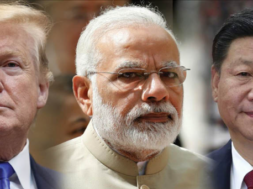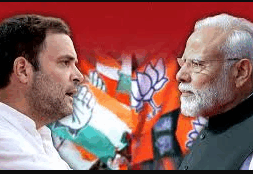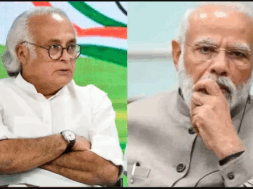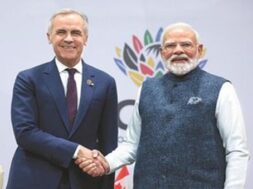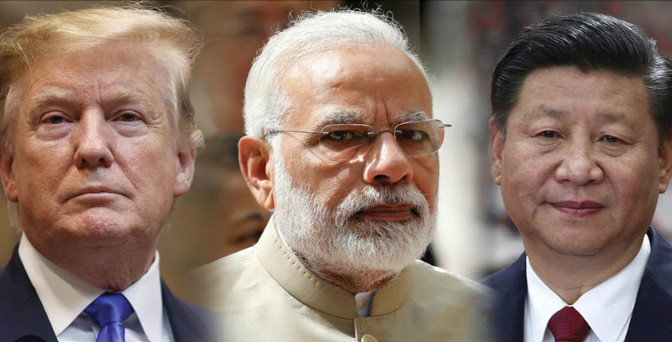
Roving Periscope: Trump 2.0 pushes China into India’s uneasy embrace!
Virendra Pandit
New Delhi: Call it geopolitical serendipity!
Within a week of US President Donald Trump’s second Inauguration, and his multiple threats and actions against all and sundry, China and India are trying to re-embrace each other. In particular, China is trying to keep America away from India—as far as possible.
That may explain the recent developments in which the two neighbors have announced key agreements to improve ties, including resuming the Kailash Mansarovar Yatra this year, restoring direct flights, and facilitating visa access for journalists, and think tanks—minus issues like bilateral borders, security, military, geopolitical, and diplomatic matters.
After its East Ladakh adventure of May 2020 amid the COVID-19 pandemic misfired, China became a global pariah. Beijing has since been trying to reset its bilateral relations with New Delhi. Gradually, it scaled down tension and military presence along the Line of Actual Control (LAC)—but held on to its positions without yielding much.
The fresh development, necessitated by the Trump 2.0 regime, came after the disengagement process along the disputed border between the two countries was completed in November 2024. These included the resumption of the Kailash Mansarovar Yatra in 2025, and the restoration of direct flights between New Delhi and Beijing. The two countries also initiated discussions on sharing data related to trans-border rivers, the media reported on Tuesday.
These agreements were reached following a series of talks between India’s Foreign Secretary Vikram Misri, and senior Chinese officials, including Foreign Minister Wang Yi, his deputy Sun Weidong, and Liu Jianchao, the Minister of the International Department of the Communist Party of China.
The new initiatives were part of broader discussions that revisited the earlier agreements between Prime Minister Narendra Modi and Chinese President Xi Jinping, which had set the stage for a ‘more constructive dialogue.’ According to the Ministry of External Affairs (MEA), the two sides reviewed their bilateral relations and agreed to take people-centric steps to stabilize and rebuild trust.
While the border situation was not directly addressed in the MEA’s statement, it acknowledged the need for continuing dialogues to tackle each side’s areas of concern. The MEA also emphasized that these dialogues would unfold step-by-step, aiming at addressing issues such as troop de-escalation, although specific timelines were not provided.
Besides, the two Asian neighbors would also convene an early meeting of the India-China Expert Level Mechanism to discuss the resumption of hydrological data sharing and cooperation on trans-border rivers. This collaboration may become a crucial step towards strengthening ties and addressing water-sharing concerns, particularly around rivers that flow across both countries.
India and China are preparing to mark the 75th anniversary of starting their diplomatic relations in 2025. The MEA noted that this milestone would be used to boost public diplomacy efforts aimed at enhancing mutual awareness and restoring trust. Several commemorative activities are expected, helping to foster deeper understanding between the two nations.
In their meeting, Wang Yi urged the two countries to explore “more substantial measures to promote mutual understanding and support.”
He emphasized the need to avoid mutual suspicion, estrangement, and exhaustion, according to a Chinese Foreign Ministry readout translated by state-backed media. This approach was slightly different from India’s stance, as outlined by External Affairs Minister S Jaishankar, who advocates for the ‘three mutuals’: mutual respect, mutual sensitivity, and mutual interests.
Despite the differences, Wang Yi underlined the importance of strengthening India-China relations, stating that it would serve the interests of both countries, benefit the Global South, and contribute to peace and stability in Asia and beyond. He stressed that cooperation would be beneficial not only for the two nations but also for global prosperity.
